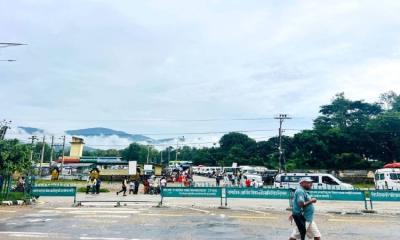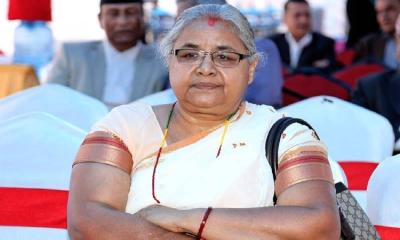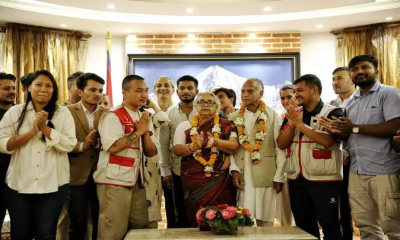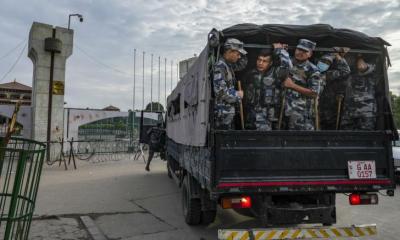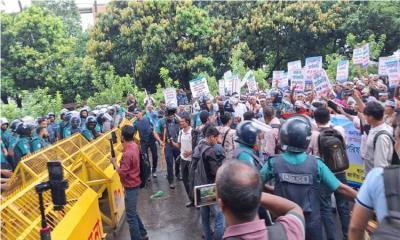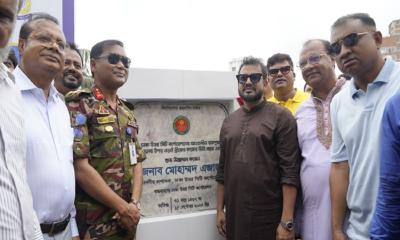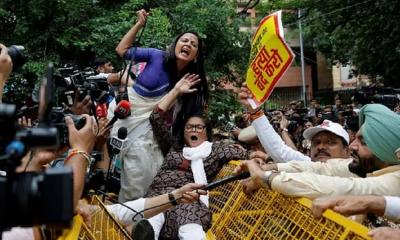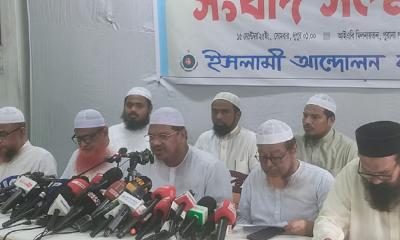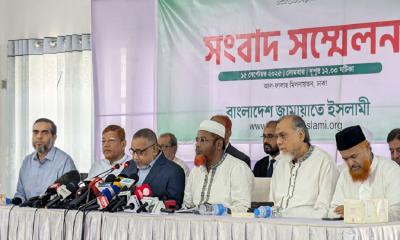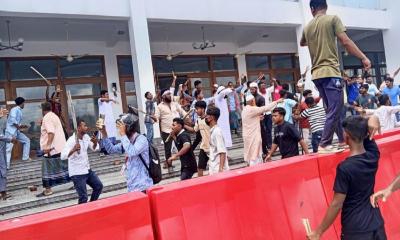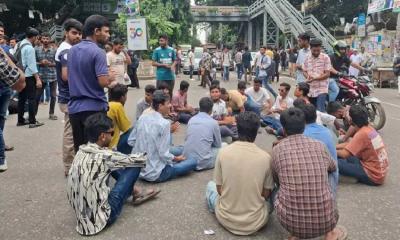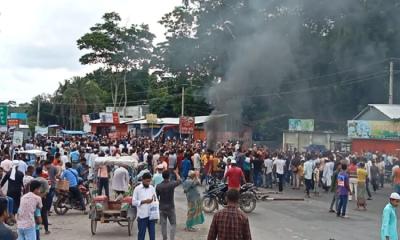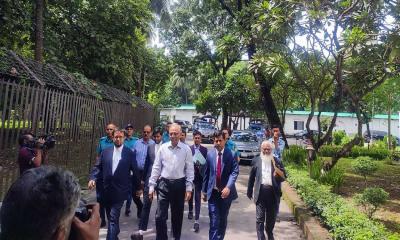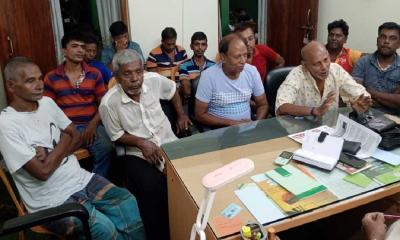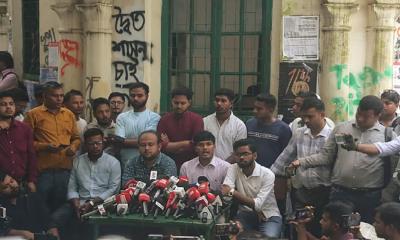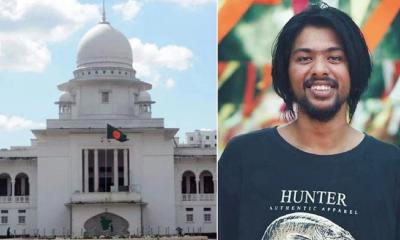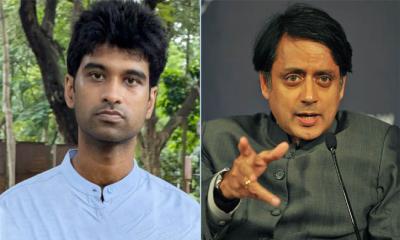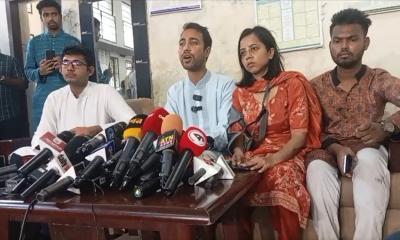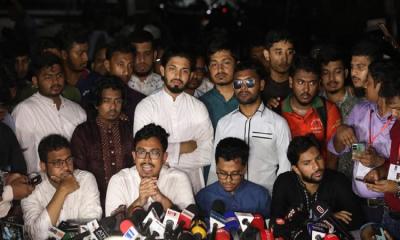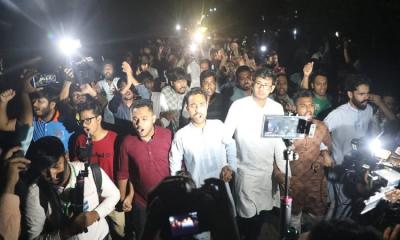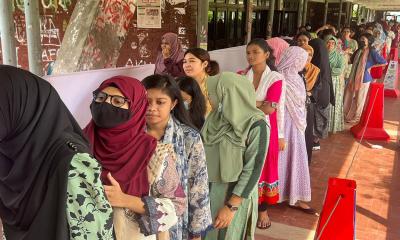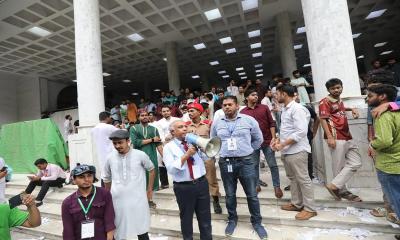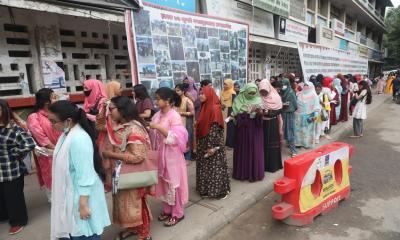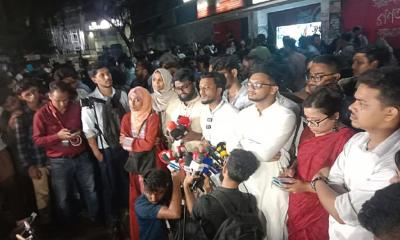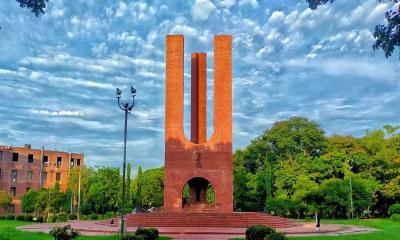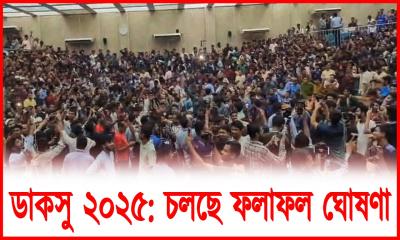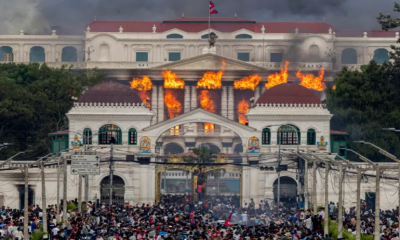The recent revision of Bihar’s voter list has triggered widespread controversy, with reports suggesting that Muslim and anti-BJP voters may have been excluded.
This summer, state election officials faced the formidable task of verifying nearly 80 million eligible voters within a few weeks. The process was complicated by ongoing floods, the harvest season, and widespread migration of laborers seeking work across the state.
Election officials also grappled with confusion over instructions from India’s Election Commission. The legal and political stakes of the verification process added further pressure. Despite these challenges, the Commission released a draft voter list, which excluded the names of approximately 6.5 million people. According to the Commission, around one-third of those removed were deceased, while the rest had relocated or appeared multiple times in the voter rolls.
However, opposition parties have highlighted that many of those marked as “deceased” are still alive. Several were brought to New Delhi to demonstrate that the revision may be part of a strategy by Prime Minister Narendra Modi’s BJP to influence elections. Congress leader Rahul Gandhi reportedly joked about half a dozen voters marked dead in the draft list, underscoring the anomalies.
Opposition leaders argue that the hasty and extensive revision undermines the credibility of past elections. They contend that the ruling party may be attempting to remove voters perceived as unfavorable ahead of the state assembly elections, which will determine the next government in Bihar. Experts have compared the identification requirements imposed on voters to early 20th-century literacy and documentation tests in the southern United States, which were used to disenfranchise Black voters.
The controversy has reached India’s Supreme Court, becoming a focal point of political debate. Critics claim the process lacked transparency, with local election officials and former commissioners questioning the handling of the revisions. The Commission maintains that the process is ongoing and will be completed shortly.
BJP leaders have dismissed opposition claims, arguing that losing parties are attempting to undermine India’s democracy. The party has described the verification drive as an effort to identify “intruders,” a term frequently used by BJP supporters to refer to Muslim voters. BJP leader Anurag Thakur further alleged irregularities in opposition-led states, citing the addition of “suspicious and fake voters” in areas where opposition parties previously won.
The Election Commission initially required voters to submit one of eleven approved documents to verify eligibility, but some widely used forms, including voter ID cards and Aadhaar cards, were initially excluded, despite being mandatory for many other government services. The Supreme Court eventually instructed the Commission to accept Aadhaar as valid identification, but compliance was delayed.
Opposition leader Tejashwi Yadav has claimed that the revised draft list led to the removal of 25,000–30,000 voters per assembly constituency, often exceeding the winning margins of previous elections. He warned that such exclusions could skew the outcome of the upcoming polls.
The Supreme Court has ordered the Commission to continue addressing complaints ahead of the state assembly elections expected in November. However, many voters, especially those working outside the state or lacking digital literacy, face difficulties in lodging complaints and correcting errors.
Professor Sanjay Kumar of Patna University highlighted a personal example: his wife’s name was wrongly removed from the list. While he hopes the error can be corrected, he expressed concern for less privileged voters who may not have the resources or knowledge to rectify such mistakes. He observed, “Only those from the more advantaged classes can navigate these corrections, leaving many ordinary citizens at a disadvantage.”
The controversy underscores growing concerns over electoral transparency and fairness in India, as opposition parties and civil society question the integrity of voter identification processes in the world’s largest democracy.




